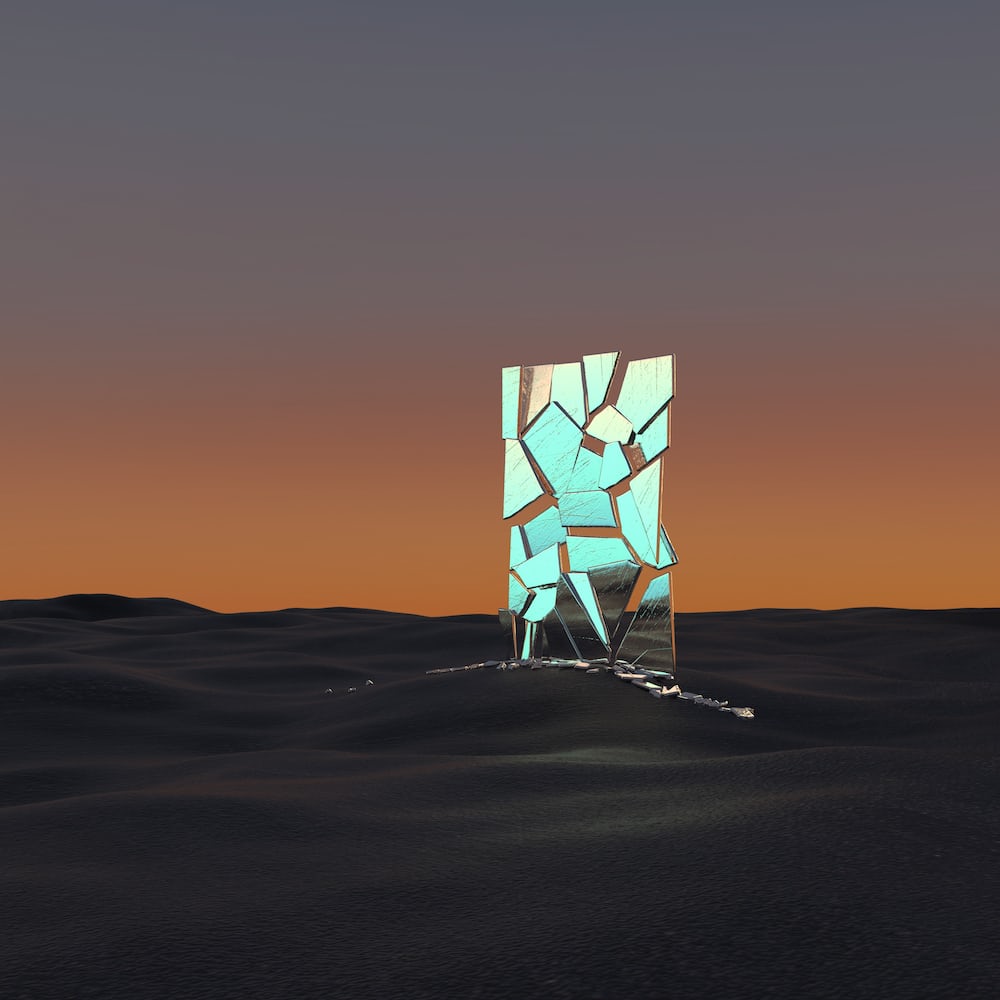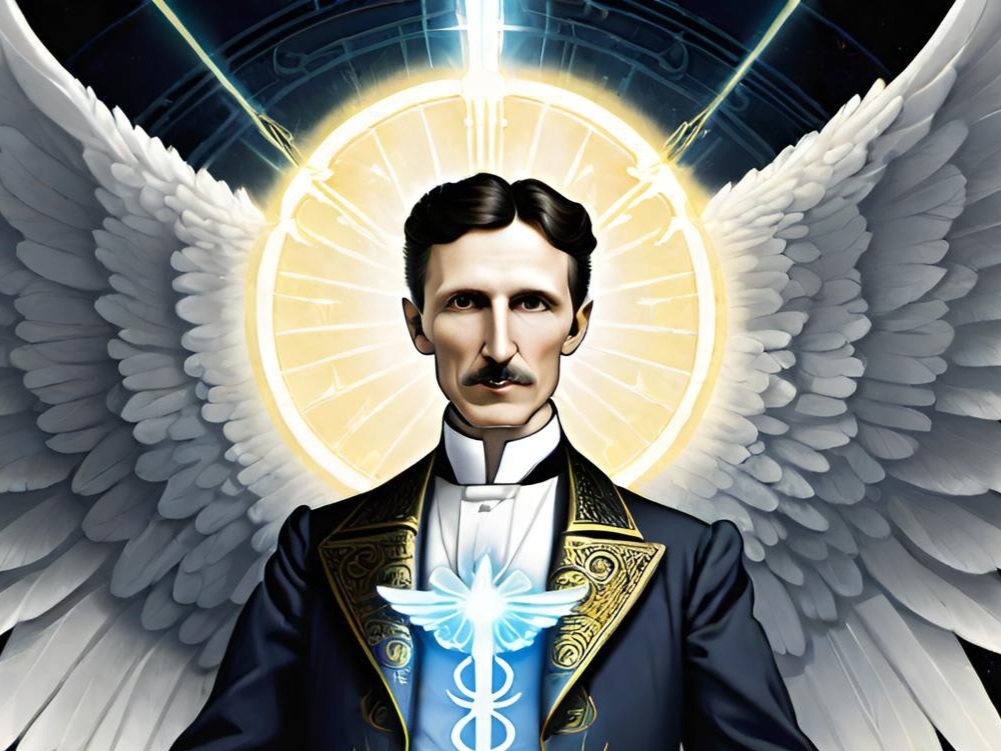The enigma of consciousness has perplexed philosophers, scientists, and thinkers for centuries. The question of how our subjective experiences arise from the physical processes of the brain remains one of the greatest mysteries of human existence. While many theories attempt to explain consciousness as an emergent property or a fundamental aspect of reality, an intriguing possibility arises: what if consciousness is nothing more than a bizarre mutation? This article explores the hypothetical scenario where consciousness is viewed as an anomaly, a byproduct of evolution that holds no inherent significance.
I feel that the change, the mutation in consciousness, will occur spontaneously once certain pressures now in operation are removed. I feel that the principal instrument of monopoly and control that prevents expansion of consciousness is the word lines controlling thought, feeling and apparent sensory impressions of the human host.
William S. Burroughs
The Evolutionary Perspective
From an evolutionary standpoint, consciousness seems puzzling. Natural selection primarily favors traits that enhance an organism’s survival and reproductive success. Yet, the purpose or adaptive advantage of consciousness remains elusive. Some argue that consciousness may have evolved as a byproduct of other cognitive abilities, such as higher-order thinking or self-awareness, which conferred survival advantages.
Alternatively, consciousness might be a spandrel—a non-adaptive consequence of other adaptive traits. Just as the architectural feature of a spandrel is a byproduct of the arches it supports, consciousness could be an incidental result of complex neural networks. In this view, consciousness would be a mere side effect, devoid of any inherent purpose or meaning.

The Mutational Hypothesis
The mutational hypothesis suggests that consciousness is an anomaly—a peculiar mutation that emerged randomly within the evolutionary process. According to this perspective, consciousness is not a necessary outcome of brain complexity, but rather an incidental consequence of genetic variations and chance events.

Mutations, which are random changes in the genetic code, play a crucial role in evolution. Most mutations are either neutral or detrimental to an organism’s fitness. However, occasionally, a mutation may produce a novel trait, such as consciousness, without any immediate survival benefit. This trait could then persist in subsequent generations if it does not hinder reproductive success.
Supporters of the mutational hypothesis argue that consciousness may have emerged as a result of a specific genetic mutation, or a combination of mutations, that altered the brain’s structure or function. Over time, this mutation might have become fixed in certain populations, leading to the emergence of consciousness as we know it today.

Implications and Philosophical Considerations
If consciousness is viewed as a bizarre mutation, it raises profound implications for our understanding of self, free will, and the nature of reality. If consciousness is a random occurrence without any inherent purpose, it challenges traditional notions of human uniqueness and identity. It suggests that our subjective experiences are not fundamentally different from other forms of biological or artificial intelligence.
The concept of free will becomes murky when consciousness is seen as a mutation. If consciousness is merely a byproduct of neural processes, our sense of agency and decision-making could be illusory. Instead, our actions may be determined by a complex interplay of genetic, environmental, and neurological factors, leaving little room for genuine autonomy.

Philosophically, this perspective challenges our understanding of reality. If consciousness is a mutation, it implies that subjective experiences are not inherently valuable or significant. Rather than being an essential aspect of existence, consciousness becomes a peculiar accident of evolution, devoid of any intrinsic meaning.
Conclusion
The hypothesis that consciousness is just a bizarre mutation offers a thought-provoking alternative to traditional theories of consciousness. While this perspective raises profound questions and challenges cherished notions of human uniqueness, it remains purely speculative. The nature of consciousness continues to elude our grasp, and until further evidence emerges, we can only speculate on its origins and purpose. Whether consciousness is a profound mystery or a peculiar evolutionary accident, its exploration continues to captivate and intrigue scientists, philosophers, and curious minds alike.





